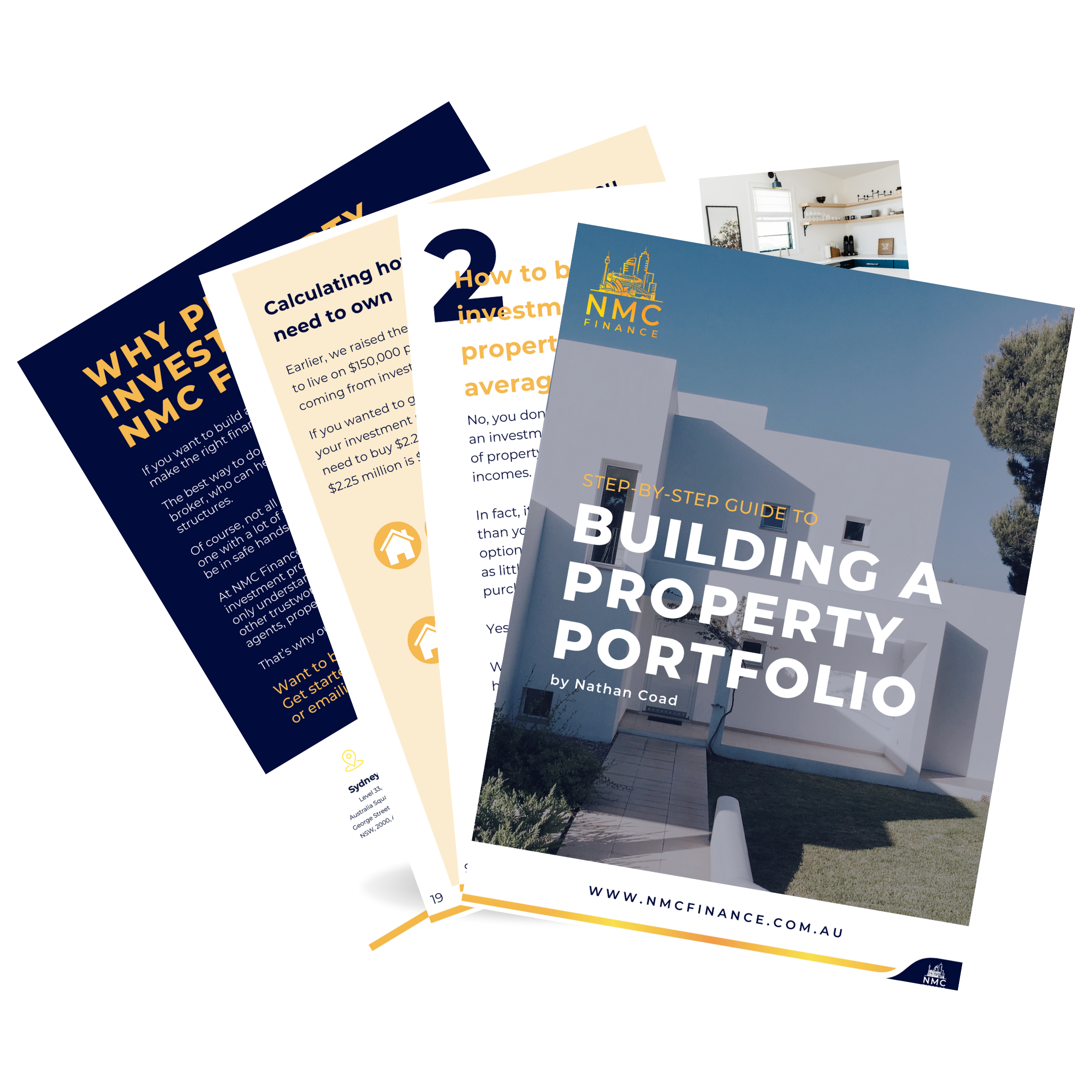Buying your first home is one of life’s most exciting milestones. It’s a moment filled with anticipation as you imagine decorating your space, hosting dinner parties, or just having a place to truly call your own.
But before you dive in, it’s essential to prepare for more than just the deposit and the purchase price. Hidden costs can sneak up on you, and without proper planning, they can derail your budget.
Here’s what every first-time buyer should know about these often-overlooked expenses.
Upfront Costs to Budget For
Before you even reach the settlement stage, there are significant upfront costs to consider. These can add thousands of dollars to your overall budget:
- Stamp duty
Stamp duty, a government tax calculated on the value of your property, is one of the largest additional expenses. For example, on a $600,000 property in some states, you might pay $20,000 or more.
The good news is that many states offer exemptions or discounts for first-time buyers purchasing below a certain threshold. Be sure to research your eligibility.
- Building and pest inspections
Skipping inspections to save money is tempting, but it’s a gamble that could cost you dearly down the track.
Spending $400 to $1,000 on these inspections can uncover structural issues, termite damage, or other problems that might affect your purchase decision—or give you leverage in price negotiations.
Costs at Settlement
When settlement day arrives, it’s not just about handing over the keys. A few more costs will pop up that you’ll need to be ready for:
- Legal and conveyancing fees
Navigating the legal side of property transactions isn’t something you can (or should) DIY. Conveyancers or solicitors ensure everything is in order, and their fees typically range from $1,500 to $3,000.
- Adjustments for rates and utilities
If the seller has already paid council rates or utility bills for the year, you’ll need to reimburse them for the portion that applies after settlement. Same can apply for water rates, body corporate fees, emergency services levies etc. While this is a standard practice, it’s often overlooked in budgeting.
Ongoing Homeownership Costs
Owning a home comes with its fair share of long-term financial responsibilities, which can surprise first-time buyers accustomed to renting.
- Home and contents insurance
Protecting your property and belongings is essential, and insurance premiums can vary widely depending on the home’s location and value. Research and compare policies to find the best coverage.
- Maintenance and repairs
Unlike renting, where you call the landlord to fix a leaky faucet, all maintenance costs fall on you as the homeowner. It’s wise to set aside 1-2% of your property’s value annually for upkeep and unexpected repairs.
- Strata fees
If your new home is part of a strata-managed property, like an apartment or townhouse, you’ll pay quarterly fees to maintain shared areas. These can range from $500 to $2,000 per quarter, depending on the property.
How to Stay Ahead of Hidden Costs
Planning is key to navigating the hidden costs of buying a home. Here’s how to stay ahead:
- Do your homework: Research all potential costs for your location and property type.
- Build a buffer: Save an additional 10-15% of your budget to cover unexpected expenses.
- Partner with experts: A mortgage broker can guide you through costs, loans, and potential savings.
By preparing for these hidden costs, you’ll avoid financial surprises and set yourself up for a smoother transition into homeownership. The more informed you are, the more confidently you can step into this exciting new chapter of life.
* This blog is intended for general informational purposes only. For personalised advice tailored to your unique financial situation, please contact NMC Finance.

